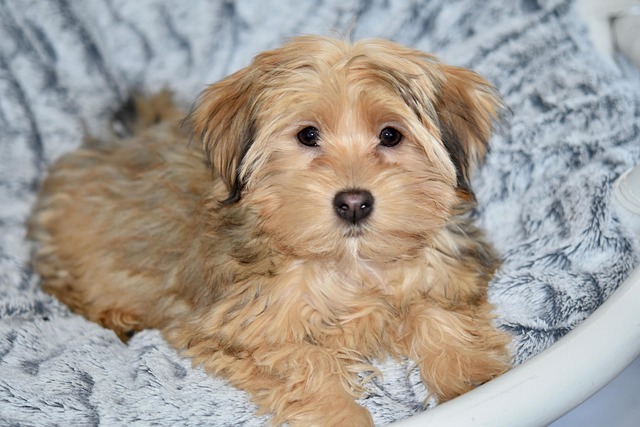
How can I tell if my dog's heatstroke is serious
Let’s be real: It’s a sticky August morning in Los Angeles, and you took your 2-year-old Golden Retriever, Max, for a walk a little later than usual
Finding unexpected messes around the house can leave any dog owner frustrated, wondering if their pup is acting out on purpose. Before assuming it’s defiance, though, it’s worth digging into the reasons behind this behavior—most of which are far more about confusion or distress than mischief.
Dogs thrive on routine, and even small changes can throw them off. A new work schedule that cuts into potty breaks, a move to a new apartment, or even a family member being away can disrupt their sense of order. A golden retriever in Austin started soiling the living room after his owner switched to night shifts; once they hired a midday dog walker, the problem stopped.
Anxiety often plays a role too. Separation anxiety might lead a dog to poop indoors as a way to cope with stress when left alone. Signs like destructive chewing or excessive barking alongside the messes can clue you in. In cities like Portland, where many work from home part-time, sudden full-time office returns have spiked such issues, vets report.
Medical issues shouldn’t be ruled out. Digestive problems, urinary tract infections, or mobility issues (common in older dogs) can make it hard to hold it. A senior beagle in Chicago was struggling with arthritis, unable to make it down the stairs in time—once his owner added a pet door to the backyard, accidents ceased.
 Some dogs might associate outdoor potty time with negative experiences. A sudden thunderstorm during a walk, or a run-in with an aggressive dog, could make them avoid going outside. They learn to “hold it” until they can’t, then relieve themselves where they feel safe—indoors.
Some dogs might associate outdoor potty time with negative experiences. A sudden thunderstorm during a walk, or a run-in with an aggressive dog, could make them avoid going outside. They learn to “hold it” until they can’t, then relieve themselves where they feel safe—indoors.
In many places, local laws require owners to clean up after their dogs in public, but indoor messes can also lead to issues. Landlords in cities like Denver often include pet policies in leases, with repeated accidents potentially violating agreements. Staying on top of training helps keep both your home and your rental history intact.
Addressing the behavior starts with ruling out health problems—schedule a vet visit first. Then, reinforce a consistent potty routine: same times daily, with plenty of praise and treats when they go outside. If anxiety is the culprit, gradual desensitization to triggers (like short alone time sessions) can help build confidence.
Punishing a dog after the fact does more harm than good. They won’t connect the scolding to the earlier mess, only learn to fear you. Instead, calmly clean up with an enzymatic cleaner to remove odors—scents can draw them back to the same spot.
With patience and detective work, most dogs stop pooping indoors once their needs are met. It’s rarely about spite; more often, it’s their way of telling you something’s off. Listening—and adjusting—makes all the difference.

Let’s be real: It’s a sticky August morning in Los Angeles, and you took your 2-year-old Golden Retriever, Max, for a walk a little later than usual

You're enjoying a summer afternoon at the park when you notice your dog has stopped panting and appears disoriented - their gums are bright red

Let’s paint the picture: You’re in your Denver apartment, watching your 4-year-old Boston Terrier, Ruby, plop down mid-play session with her favorite toy

Many dog owners notice their pets nails seem shorter after regular walks,but how much does this daily activity actually help?The answer depends on where you walk—concrete sidewalks or asphalt streets gently file nails as a dog's paws hit the ground

Most dog owners notice their pup scooting across the carpet at some point, but few connect it to impacted anal glands. These small sacs near a dog’s rectum secrete a scent for marking territory

Most vets agree that regular dog teeth cleaning is key to avoiding painful dental issues later. For healthy adult dogs, a professional cleaning at the vet’s office every 12 to 18 months usually works well.